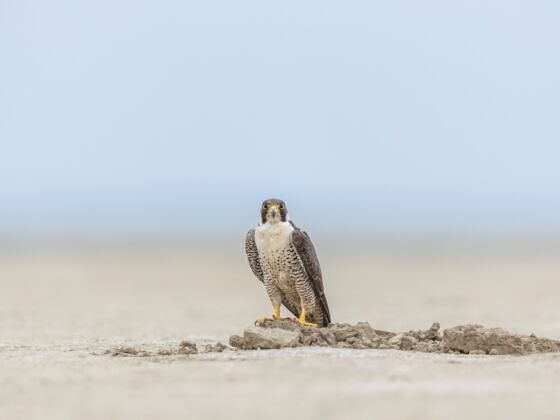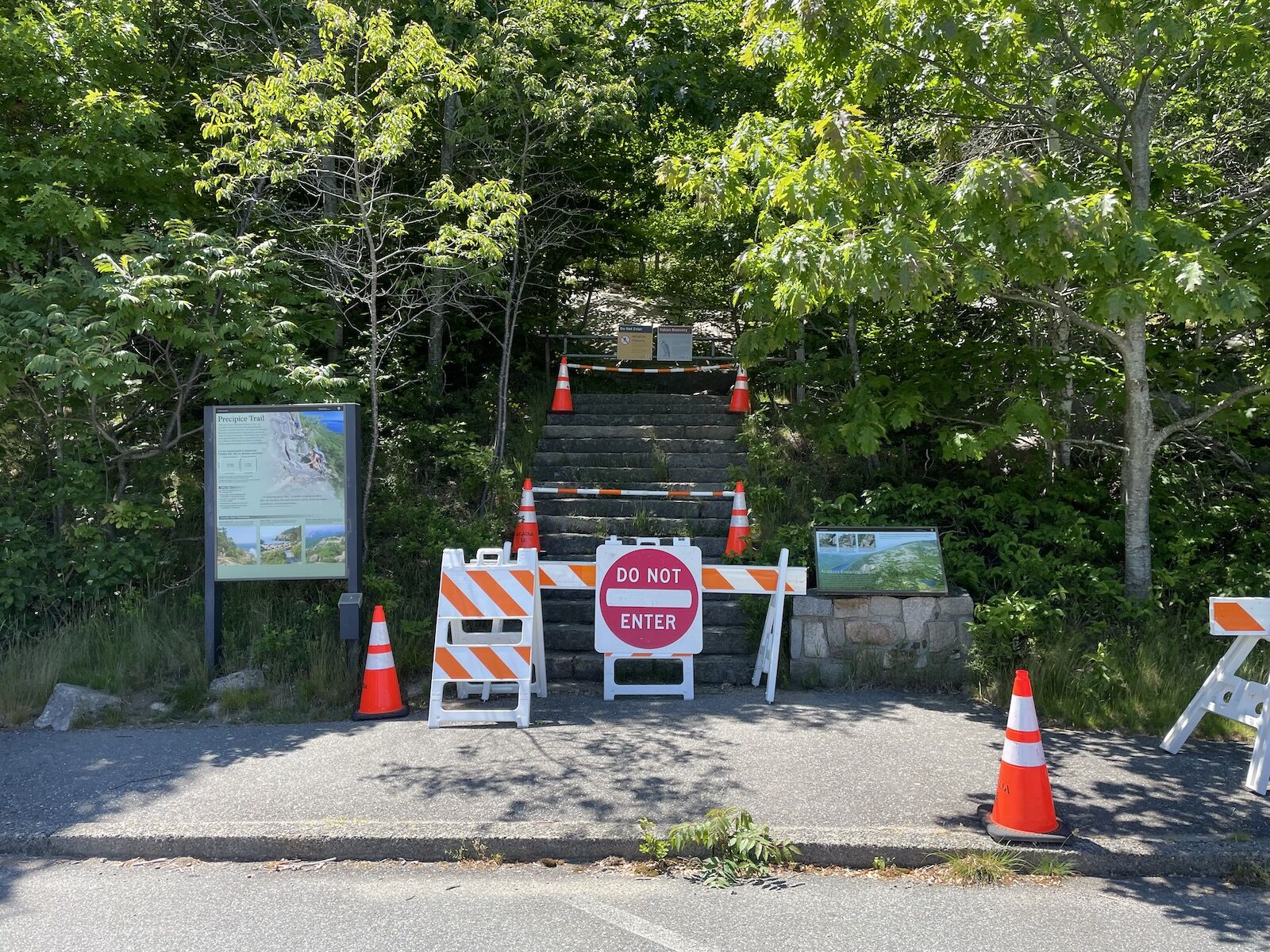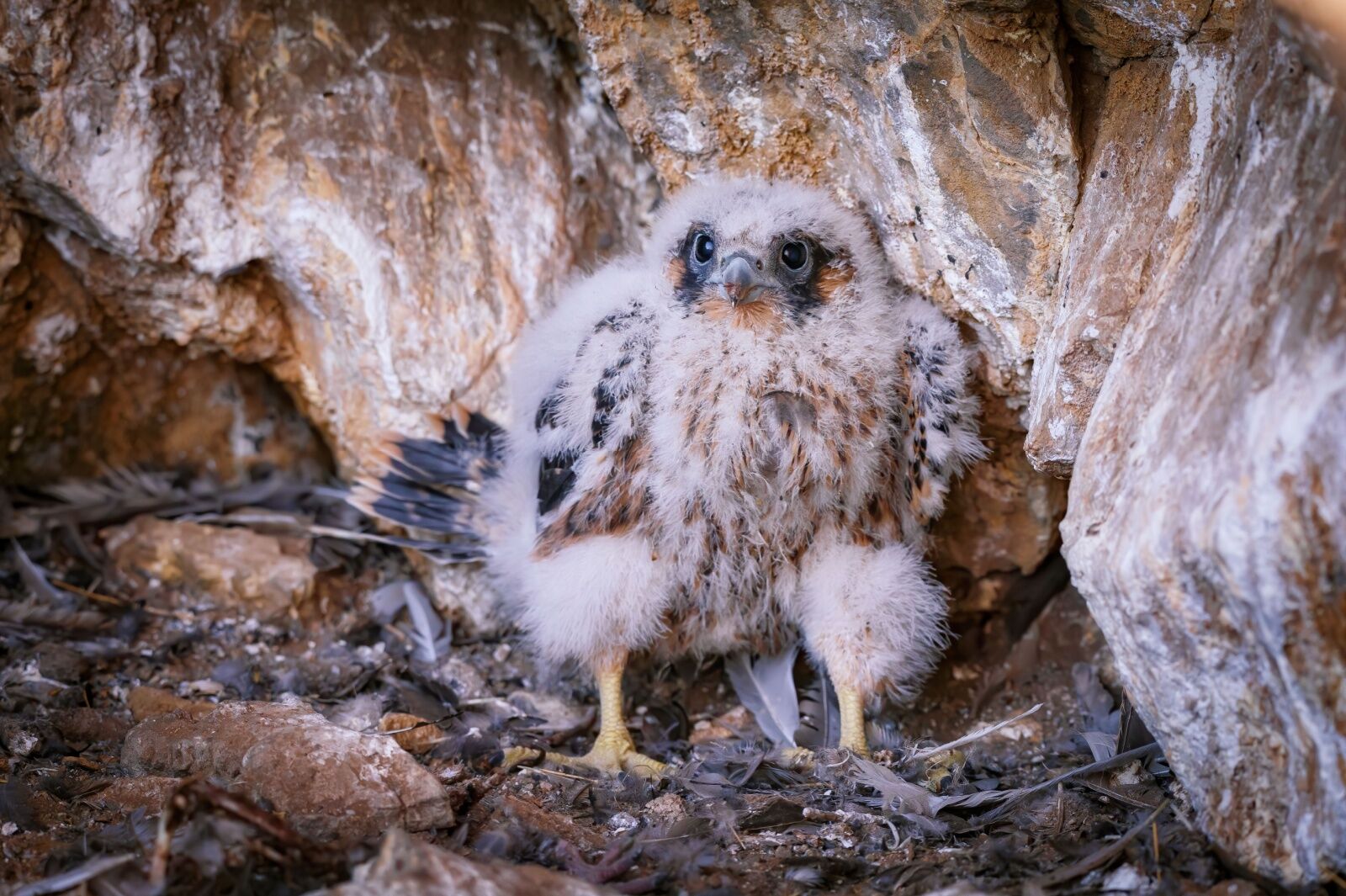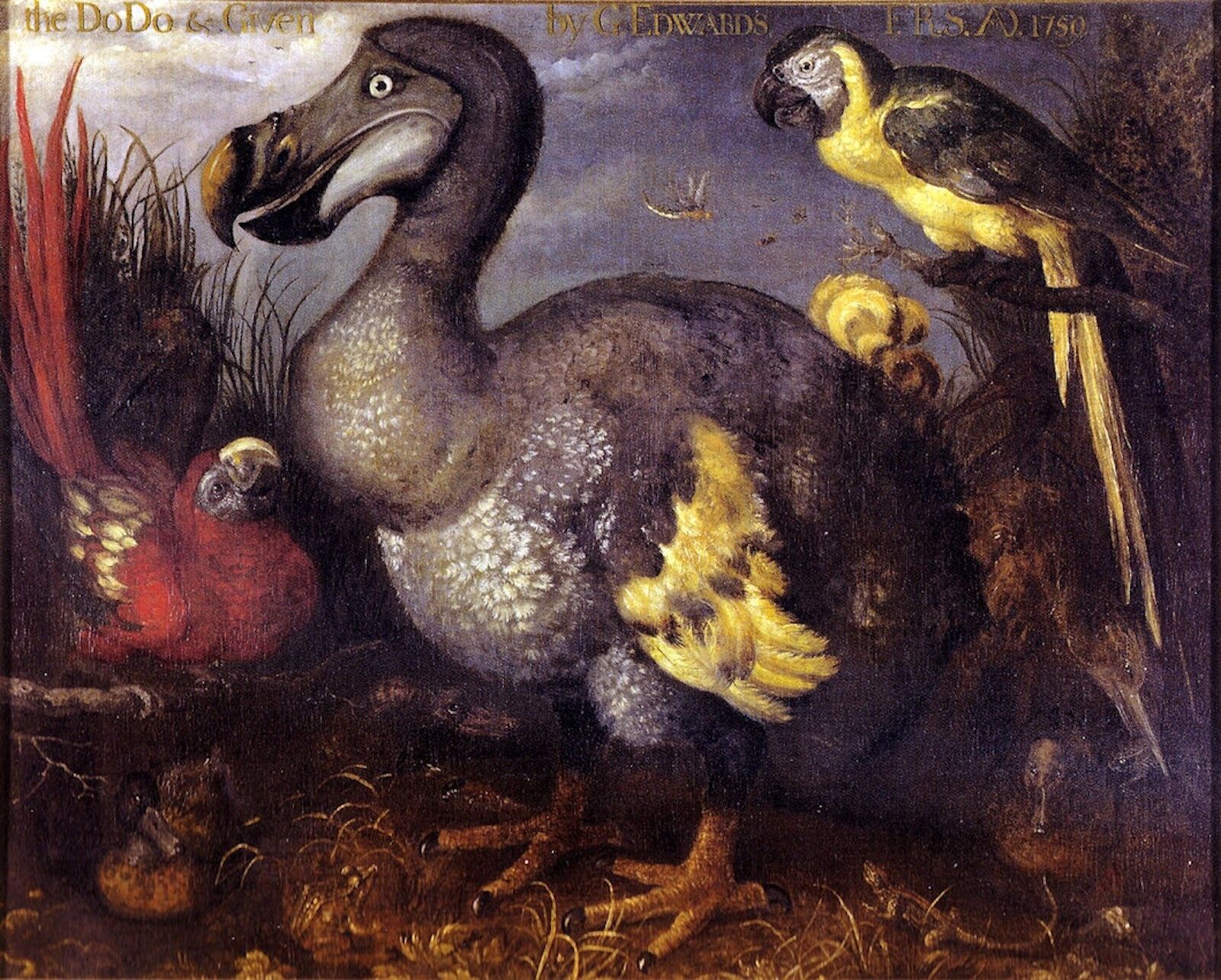In the US, national parks and other public lands protected by the National Park Service serve several important roles. One of the most important of those roles is preservation — preserving the lands from development, preserving natural spaces for public recreation, and preserving the plant and animal species that live in that specific environment. And as one group of hikers learned in Acadia National Park, ignoring the preservation efforts of national parks can lead to a severe punishment, especially when wild animals are at risk.


Threaten National Park Wildlife, and You May Get 6 Months in Jail
On August 2, 2024, Acadia National Park in Maine issued a press release requesting assistance in identifying three hikers who had committed a major violation in the park. They were photographed hiking the park’s Precipice Trail, which leads to nesting ground for peregrine falcons, a protected species throughout the United States. Roughly a week later, the suspects were identified, and now, Maine residents Levi Brown, Cooper Boucher, and Jillian McLellan will be tried for “federal violation of a superintendent’s closure.” It’s punishable by up to six months in jail and/or a fine of up to $5,000.

The Precipice Trail entrance, clearly marked as closed. Photo: NPS/Acadia National Park/Public Domain
The Precipice Trail is closed every year for several months to protect the falcons, one of the most well-known of the national park’s wildlife. The closure is clearly marked at the trailhead, on park maps, in park literature, on the park website, and on social media channels. Peregrine falcons, the release says, “are particularly vulnerable to human activities, which can disturb the adults and make them less attentive to the eggs or chicks. Human activities near a nesting area can lead to temporary or permanent abandonment of the nest by the adults leaving chicks susceptible to hypothermia, starvation, and predation.”
By getting too close to the falcons, the three hikers could have caused the death of multiple falcon chicks. (As of now, the park has not released any details of the charges, including whether or not any birds were impacted). Had the hikers encountered a crisis that required search and rescue assistance, a rescue would have disturbed the nests even further, potentially resulting not just in the abandonment of the chicks, but long-term changes to the falcon’s behavior if they decide not to return the following year.

A newly hatched peregrine falcon chick. They were delisted from the Endangered Species Act in 1999 following successful federal protection programs. Photo: Falcon1985/Shutterstock
If peregrine falcons were still on the endangered species list, the hikers could have been charged with violating the Endangered Species Act of 1973, punishable by a year in jail and a $50,000 fine. They could also still be charged with trespassing in a national park, a crime that carries an additional penalty of up to six months in jail and/or fines of $500. In some especially sensitive areas, additional trespassing crimes can lead to fines of up to $5,000. Actor Pierce Brosnan was recently charged with such a crime, and was eventually fined just over $1,500.
Jail time and/or $5,000 may seem like a harsh punishment for trespassing on a hiking trail. But it’s likely the National Park Service is considering the damage the trio might have caused, which could have been catastrophic for both the peregrines as a species, and the ecosystem around Acadia.
Human existence is causing what many scientists consider a sixth wildlife extinction event, calling it the Anthropocene (meaning “related to humans”) event. An “extinction event” is a period of time in which at least 75 percent of the planet’s species went extinct. There have been five documented extinction events in the history of Earth, but the possible current one is the only one caused by another species (humans). In 2018, a group of scientists published findings from their peer-reviewed study in the Journal of the US National Academy of Sciences, predicting it would take more than 50,000 years for evolution to replace the number of mammal species humans are on track to destroy in the next 50 years.

A painting of the dodo bird by Dutch painter Roelandt Savery, circa late 1600s. The dodo is one of the most well-known species documented to have gone extinct due to human activity. Photo: Roelandt Savery/Public Domain
Arguably, if we’re in the middle of an extinction event caused by humans, we ought to be extra-diligent in protecting the species we do have. People breaking laws designed to protect animals will further threaten already challenged species, leading eventually to more extinctions and unknown levels of environmental damage.
While it’s unlikely the threesome will face extensive punishment — in 2014, three men were fined only $2,605 each for killing and beheading multiple bison in Yellowstone National Park — land managers have occasionally been successful in making offenders of crimes against national park wildlife pay up. In July 2024 in Hawaii, two people were charged a combined fine of $20,000 when their off-leash dog attacked and killed an endangered monk seal pup. In 2021 in Yellowstone, a woman was sentenced to a short stint in jail for getting to close to a grizzly mom and cubs, and in early 2024, two men were fined a combined $20,000 for killing a moose within Alaska’s Denali National Park.